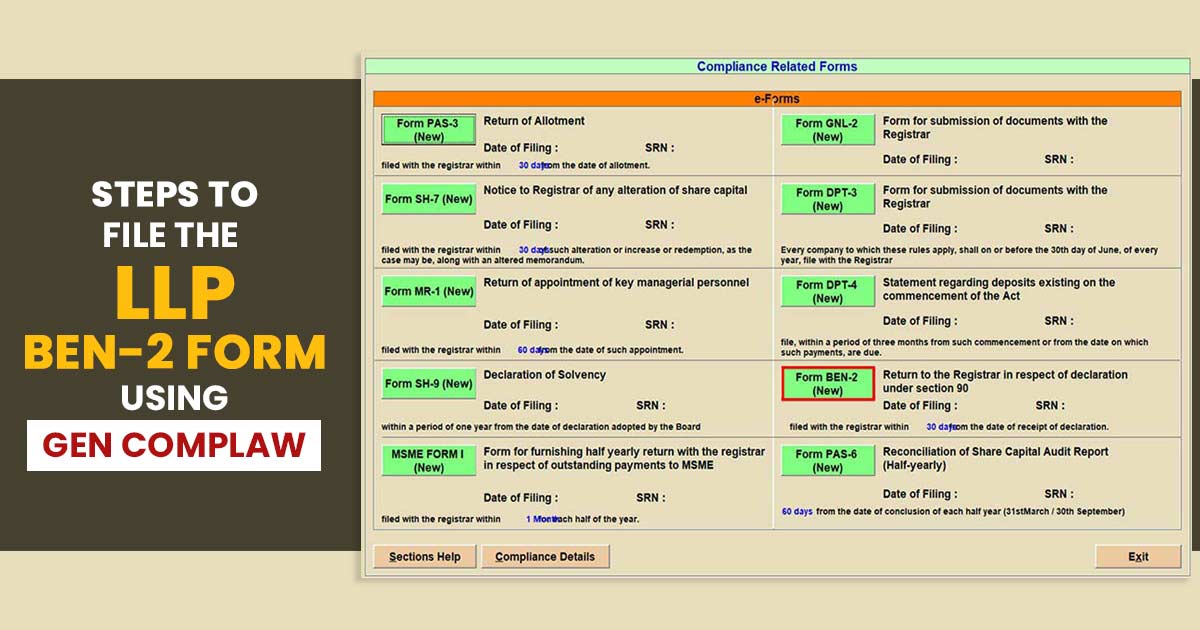Businesses Must File Nil TDS Returns Even When No Tax Deductions

As the income tax season approaches, businesses must be aware of their obligations to comply with regulatory requirements related to tax withholding. Failing to deduct tax at source (TDS) during a specific period does not exempt businesses from filing a report stating that no tax was deducted - this is known as submitting Nil TDS returns.
Filing Nil TDS Returns: Important Benefits
Not filing Nil TDS returns can result in penalties and fines, which the business could avoid by simply reporting zero deductions. Here are some key reasons why it's essential to file Nil TDS returns:
Protecting Against Penalties
Businesses may face late fees if they fail to submit a Nil TDS return within the stipulated time frame. The rates for these penalties escalate over time, making it essential for businesses to stay compliant to avoid significant financial losses.
Maintaining a Clean Tax Record
Filing Nil TDS returns helps to maintain a clean and transparent financial record, which is essential for any business looking to secure loans or investments in the future. This, in turn, enables businesses to build trust with stakeholders such as customers, banks, and suppliers.
Ensuring Accurate Data
The Income Tax Department closely monitors all tax deduction records. Filing Nil TDS returns guarantees that the department's database remains accurate and consistent, preventing potential confusion or assumptions about non-compliance.
Upholding Transparency
By filing Nil TDS returns, businesses demonstrate their commitment to operating within statutory frameworks and paying taxes as due. This enhances stakeholders' perception of a business's financial integrity.
In conclusion, submitting Nil TDS returns is not merely a procedural obligation but a critical measure that ensures legal compliance, avoids penalties, facilitates the management of tax records, prevents discrepancies, and boosts transparency in business operations. Businesses must prioritize this step to avoid any potential consequences associated with non-compliance.
